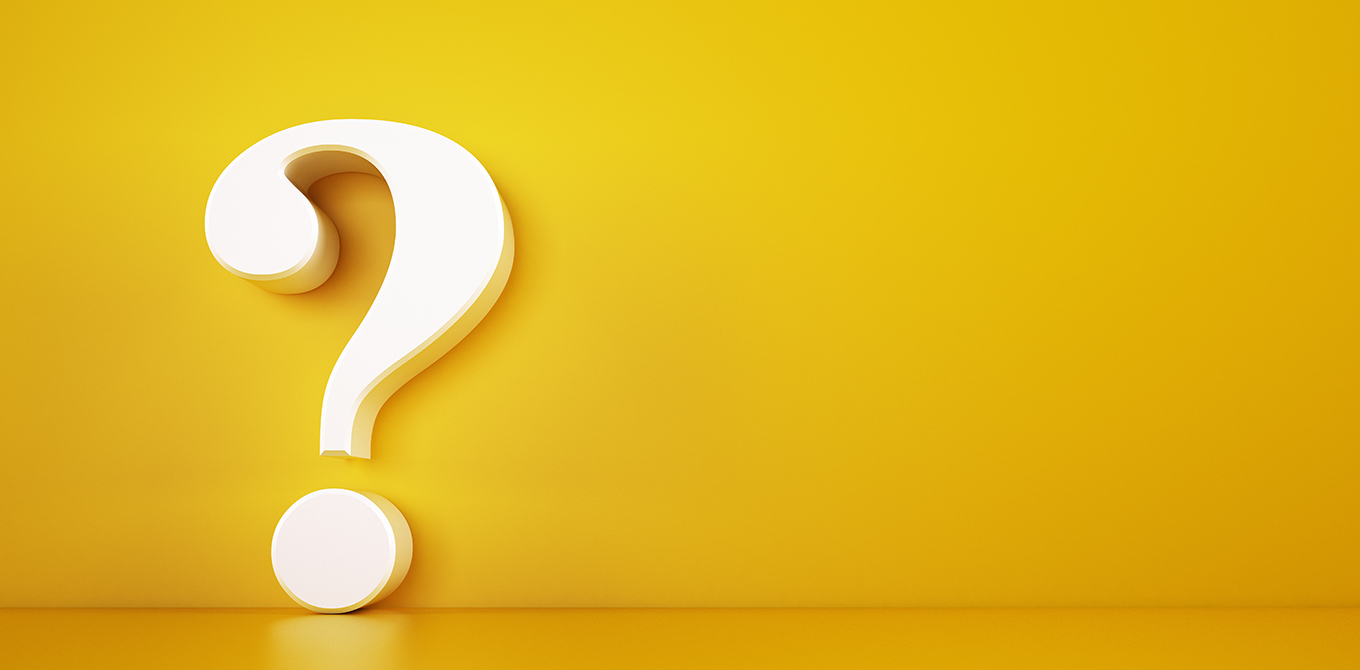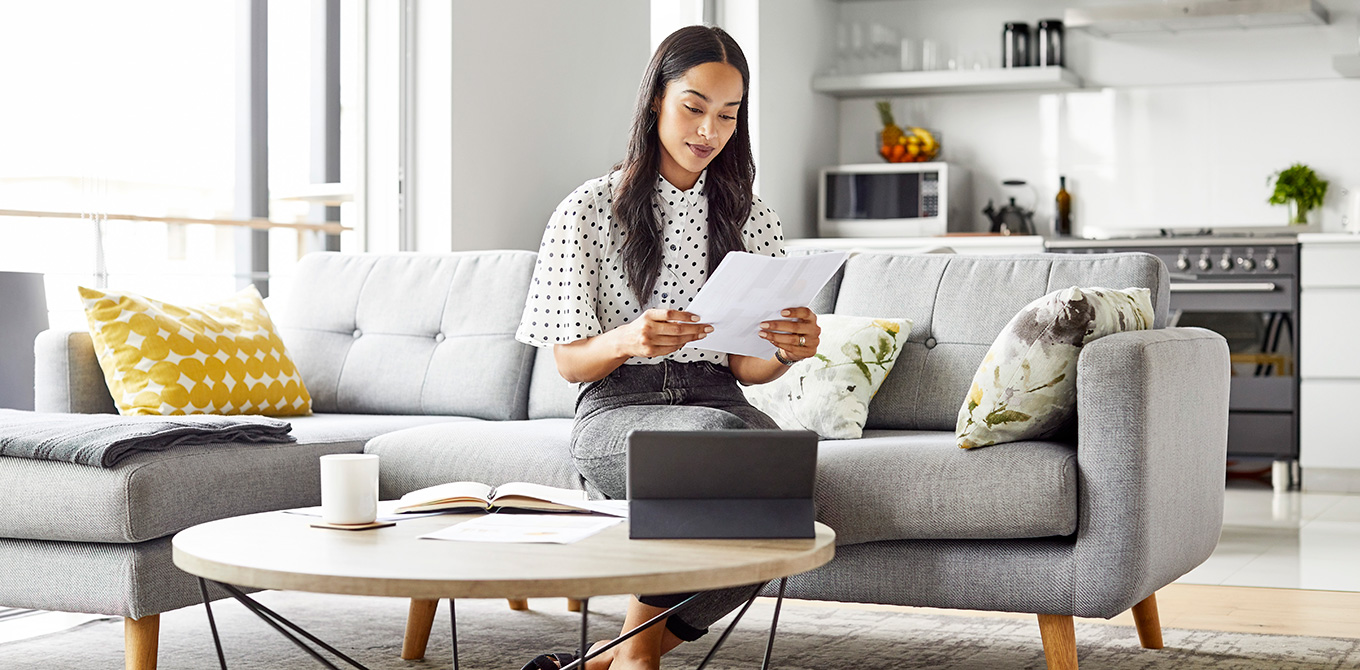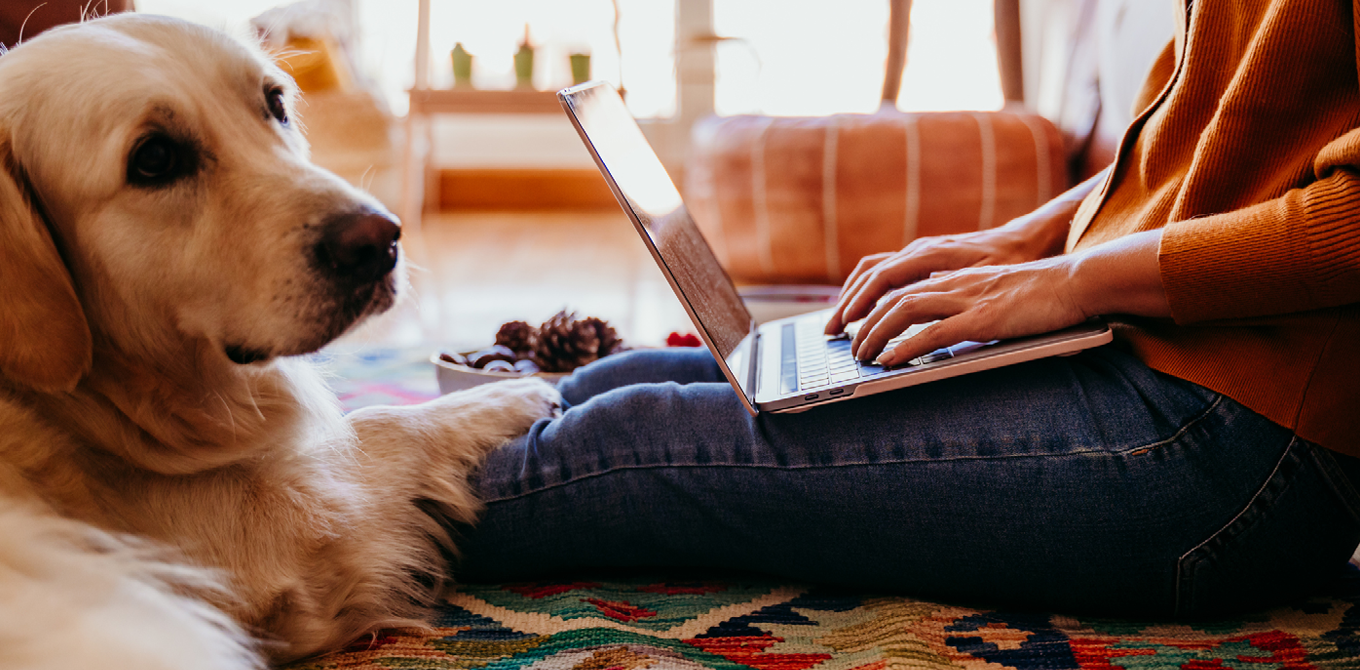Do you really need a bank? Why and how to open a bank account
As new technology has made cash apps, prepaid cards, and check cash services more available, it may seem like a bank account is a thing of the past. Some consumers believe that these services offer more convenience and others are concerned that they may not qualify for a traditional bank account. In general, it’s actually a combination of traditional banking services and cash apps can help you manage your finances.
Bank accounts have evolved in recent years to make managing your finances simpler. Many accounts come with low or no monthly fees, online statements, mobile banking and bill pay, remote deposit, free debit cards, and check-writing privileges. Some accounts may even pay interest on the balance.
Having a bank account can also help you avoid fees and interest related to check-cashing services, money orders, and prepaid cards, which often charge fees for activation, monthly maintenance, transactions, ATM cash withdrawals, card reloading, and even inactivity.
Another benefit of having a bank account is the ability to track your expenses and create budgets. You can download your history to a budgeting app and get a snapshot of your spending. When you know where your money is being spent, it's easier to change your habits and save for goals that are important to you.
Types of Bank Accounts
Most banks offer a variety of accounts so you can choose the one that best fits your needs. Starting out with the basics, two of the most common types of bank accounts are checking accounts and savings accounts.
- Checking accounts. A checking account is the easiest type of bank account to have and the most useful for most people in their everyday lives. Checking accounts help you safeguard your income with direct deposit, keep track of your expenses with online and mobile banking, and pay bills with checks, debit cards, or online bill pay. Some checking accounts have no minimum balance requirement and no monthly maintenance fees. Other accounts pay you interest if you maintain a minimum daily balance.
- Savings accounts. Savings accounts help you put away funds for future needs. It’s good to start out with one savings account to prepare for financial emergencies. After you have an emergency fund established, you could set up another savings account to set aside money for planned expenses, like a vacation, Christmas spending, or a down payment to buy a car or a home. All savings accounts pay interest on funds you deposit.
Finding a safe and affordable bank account
Making the switch from not having had a bank account, to working with a bank may seem intimidating. It doesn't have to be. In fact, it can be an easy transition and one that will benefit you for years to come.
The Bank On program helps connect consumers to safe and affordable accounts. The program is led by nonprofit Cities for Financial Empowerment Fund. These accounts are available at many banks and offer new customers special accounts that don’t require checks or charge you overdrafts, including Fulton Bank's Xpress account.
Features of these accounts may include:
- No minimum balance requirement
- No overdraft fees
- Low or no monthly maintenance fees
- Online and mobile banking
- Debit cards with rewards and no annual fees
- Remote deposit with a mobile device
- Electronic person-to-person payments using Zelle®
How to open a bank account
If you haven’t opened a bank account before, you may not be sure where to start. In a couple simple steps, you can:
- Make a list of questions. From concerns about fees to how to access your money, many of your questions can be answered by speaking to a team member at your local bank branch. Or you can visit their website and review their offerings and requirements. choose? Do I have to go to the bank to make transactions?
- Go online or to a branch. Most banks offer online applications that you can complete in less than 15 minutes. You will need:
a. Photo ID. If you don’t have ID, bring two other forms of ID like your Social Security Card and a utility bill with your name and address.
b. Money to deposit. It could be as little as $20 to get the account opened, depending on the account requirements.
No matter where you are in life, opening a bank account can be a big step. But it’s easier than you might think and it can help you save money from check cashing fees and prepaid cards. Plus, it can help you create healthy financial habits, and put you on the path to greater financial security.
Smart move: Explore all the options available, so you can achieve your financial goals.




